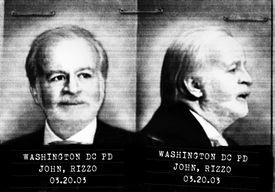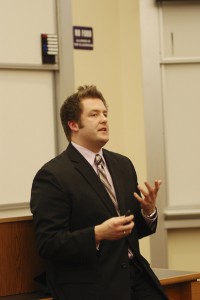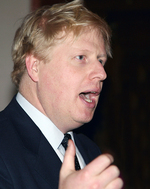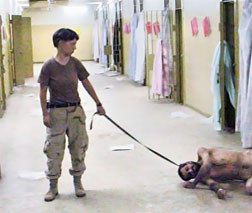Wednesday 16 February 2011
by Jason Leopold, t r u t h o u t Investigative Reporter
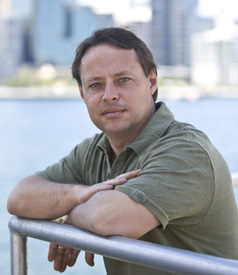
David Hicks, author of "Guantanamo: My Journey." (Image: Random House Australia)
I've been struggling these past few weeks.
I read a book written by a former Guantanamo detainee named David Hicks titled "Guantanamo: My Journey." It's a powerful and heartbreaking memoir and it made a profound impact on me emotionally.
I interviewed Hicks after I read his book. We spoke about a half-dozen times over the past two months. This is the first interview he's granted since he was released from the "least worst place" in 2007. Click here to read the full Q&A.
Hicks is the Australian drifter who converted to Islam, changed his name to Muhammed Dawood and ended up at training camps in Afghanistan the US government said was linked to al-Qaeda, one of which was visited by Osama bin Laden several times. Hicks was picked up at a taxi stand by the Northern Alliance in November 2001 and sold to US forces for about $1,500. Hicks was detainee 002, the second person processed into Guantanamo on January 11, 2002, the day the facility opened.
Hicks was brutally tortured. Psychologically and physically for four years, maybe longer. He was injected in the back of his neck with unknown drugs. He was sodomized with a foreign object. He spent nearly a year in solitary confinement. He was beaten once for ten hours. He was threatened with death. He was placed in painful stress positions. He was exposed to extremely cold temperatures, loud music and strobe lights designed to disorient his senses.
I've been obsessed with the torture and rendition program since details of it first surfaced nearly a decade ago. I'm not exactly sure why I'm so fascinated and outraged by every tiny detail, every new document dump or why I chase every new lead as if I were paparazzi trying to get a shot of Lindsay Lohan. What I do know is that there's something about the crimes committed by the Bush administration in our name that haunts me.
I have never spoken to a former detainee before I phoned Hicks at his home in Sydney, Australia, a few days before the New Year. There was something surreal about listening to Hicks' voice as he described his suffering in painstaking detail. Maybe it was the fact that there was a real person on the other end of the receiver and not just a name on a charge sheet. I found it incredibly difficult to separate the reporter from the human being once Hicks stopped speaking. Before I hung up the phone after our first conversation, I told Hicks I was sorry.
"I'm sorry my government tortured you, David," I said.
"Thanks, mate," Hicks said, his voice cracking....
